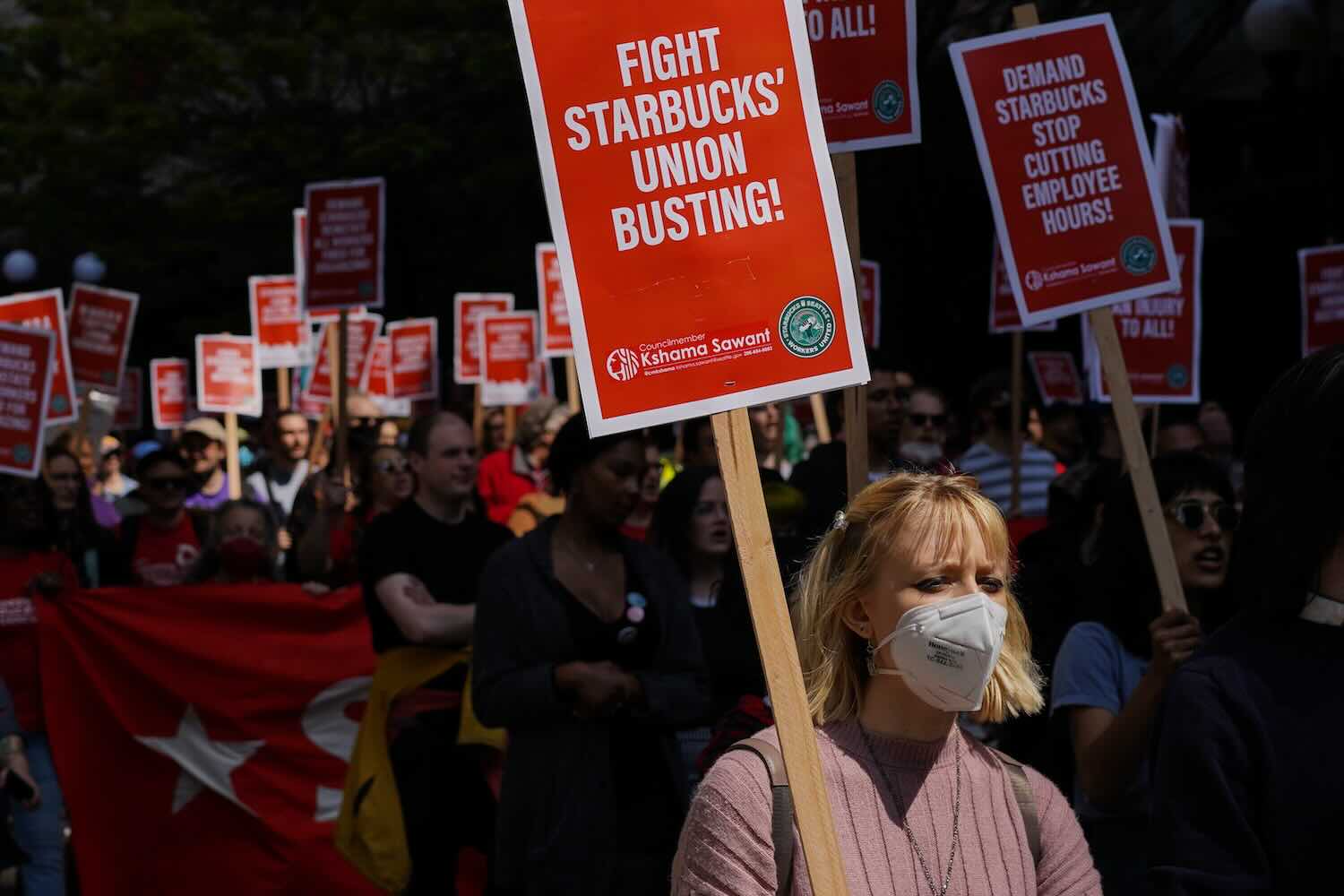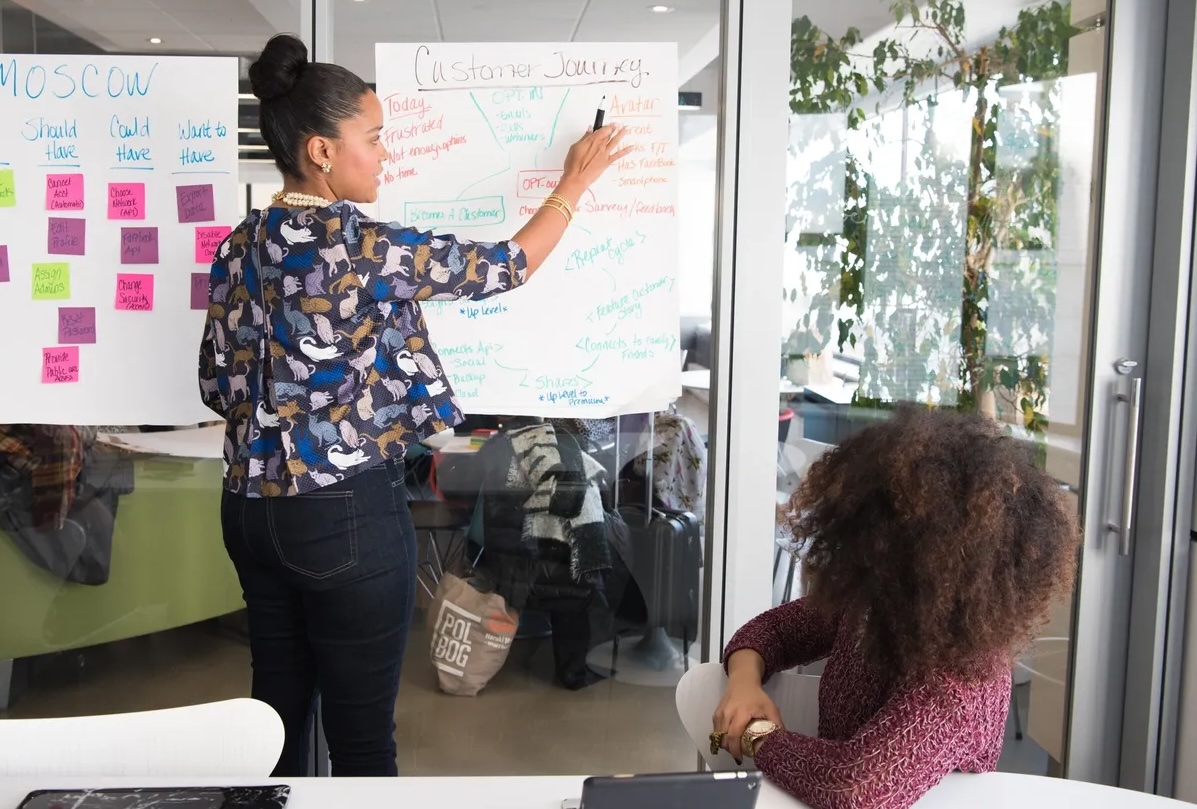2030
The good news: More than 90 percent of Afghans have electricity, up from 40 percent in 2010 — and solar accounts for most of the growth. More than 50 million more people in Indonesia now cook with cleaner fuel. And tens of millions across sub-Saharan Africa and Asia now have access to electricity through off-grid solar solutions. The 2017 Global Tracking Framework from the World Bank and the International Energy Agency demonstrates progress toward Sustainable Development Goal №7, “Ensure access to affordable, reliable, sustainable and modern energy for all.”
The bad news: we’re not moving fast enough. “More than a billion people are still living in the dark without electricity — an appalling one of every seven people on the planet,” says Peyton Fleming, senior director of Ceres, a national coalition of investors, environmentalists and public-interest groups. The global goals for 2030 of universal access and the doubling of energy efficiency and the share of renewable energy in the global energy mix are all at risk. “At the rate we’re going, it’s unlikely we’ll hit these goals by 2040,” Fleming writes.
Fleming shared his prescriptions for progress, taken from the Sustainable Energy for All Forum earlier this month: dramatically cheaper renewable energy, supportive policy — and mobile phones. The era of cheaper energy is well underway, with costs for renewables falling 80 percent in the last five years. “They’re not just competitive. They’re producing the cheapest power at any time in history,” Michael Liebreich, founder of Bloomberg New Energy Finance, said at the forum. China and Mexico’s progress on energy efficiency and renewable energy, for example, reflects forward-looking government policies. Mobile phones support the advance of mobile money, which enables customers “to finance their off-grid solar systems with an up-front deposit and daily payments.”
Success breeds success, Fleming notes. “As more financing becomes available, as more companies succeed, as more governments bring affordable sustainable energy to their constituencies, more investors, especially large institutional investors, will have no choice but to join a sustainable energy future that touches everyone.”
This post originally appeared in ImpactAlpha’s daily newsletter. Get The Brief.
Photo credit: World Bank










